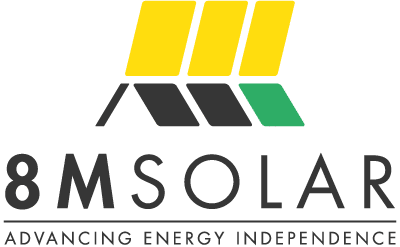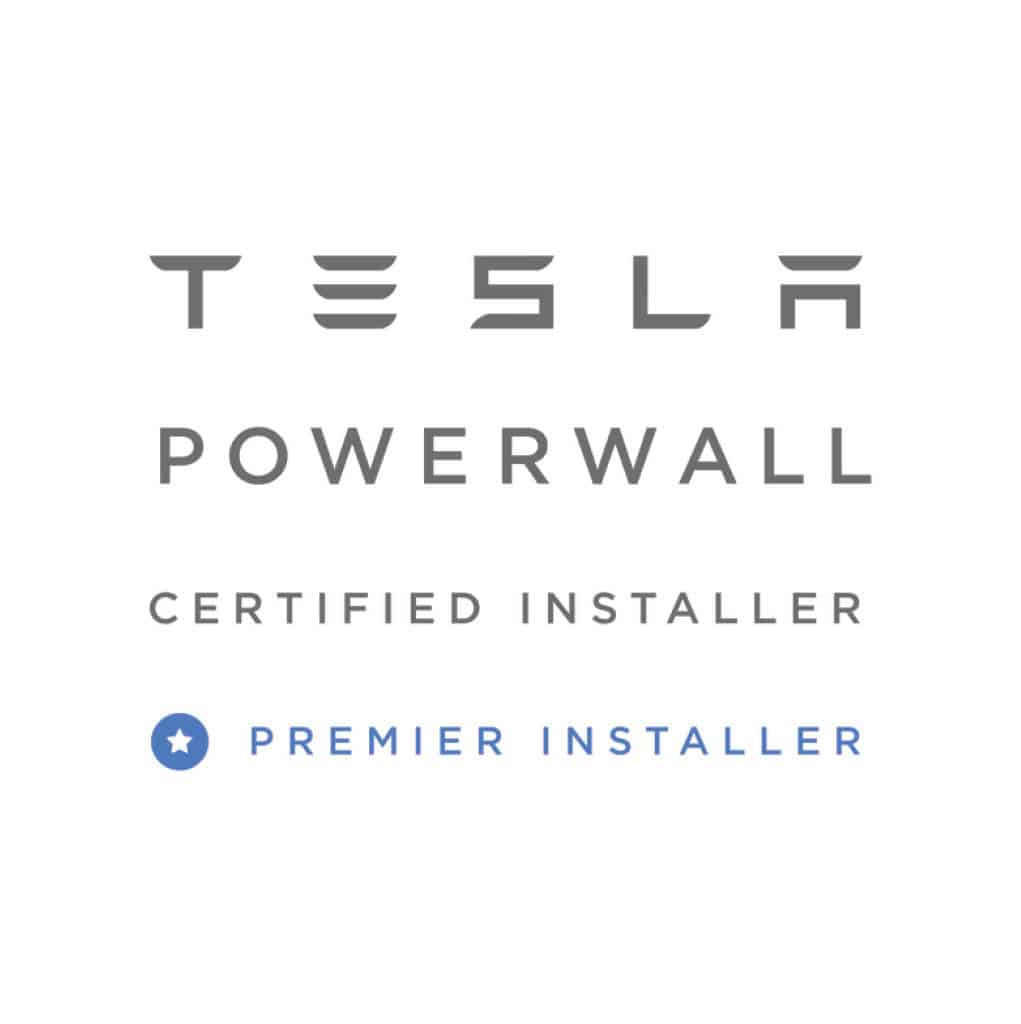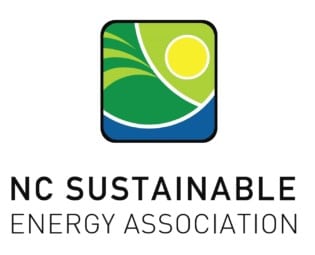Key Points
- Net Metering Benefits in Virginia: In Virginia, net metering allows solar system owners to receive credits on their electric bills for surplus energy contributed to the grid. Governed by Virginia code §56-594, guidelines apply to investor-owned utilities (Dominion and Appalachian Power) and electric cooperatives, with smaller municipal utilities having optional participation.
- Compensation and Billing Policies: Compensation in Virginia operates on a one-to-one retail rate for residential customers (below 25 kW) and non-residential customers (up to 3,000 kW). Solar systems, typically designed not to exceed annual consumption, offer options for credit rollover or payment at the avoided cost rate for excess energy within a 12-month period.
- Alternative Net Metering Options and Advocacy: Virginia provides alternative net metering options like Aggregate Net Metering for farmers to credit surplus solar production. Virtual Net Metering is progressing for community solar and tenant aggregation. Advocacy includes supporting the Virginia Declaration of Solar Rights and filing complaints with the State Corporation Commission for issue resolution.
What is Net Metering?
Net metering in Virginia enables individuals with solar energy systems to receive credits on their electric bills for the energy they generate. This policy acknowledges and compensates users for the surplus energy contributed to the grid by their solar installations.
Net Metering Guidelines in Virginia
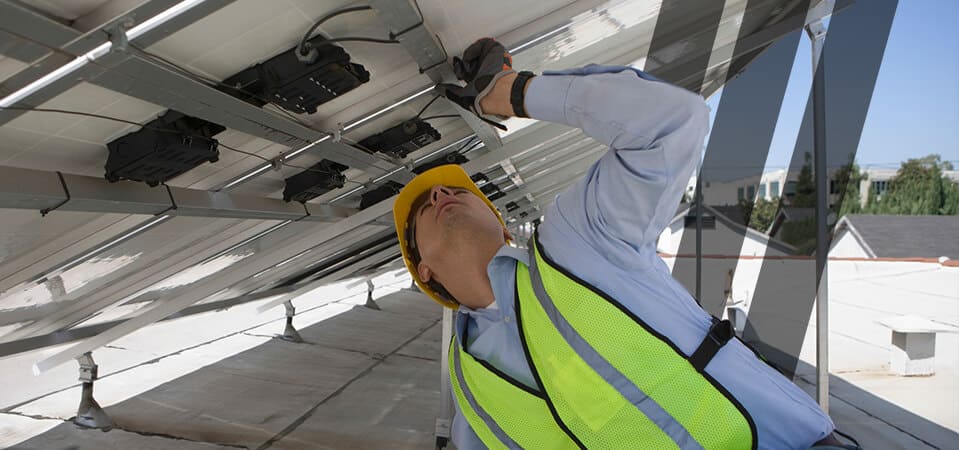
- Residential System Capacity Limit: 25 kW
- Non-residential System Capacity Limit: 3,000 kW
- Agricultural System Capacity Limit: 500 kW (aggregated capacity)
- Monthly Excess Generation Credit Rate: Full retail
- Annual Excess Generation Credit Rate: Avoided cost
- State-wide Net Metering Cap for Investor-Owned Utilities (Dominion & APCO): Six percent of the utility’s peak-load from the previous year (including a 1% Low-to-Middle-Income carve-out)
- State-wide Net Metering Cap for Electric Cooperative Utilities: Seven percent of the utility’s peak-load from the previous year
- Policies Expanding Net Metering: Introduction of Aggregate Net Metering for Farmers
The regulations outlined in Virginia code §56-594 govern the implementation of net metering across the Commonwealth. While the state’s investor-owned utilities (Dominion and Appalachian Power) and electric cooperatives are mandated to adhere to the guidelines specified in §56-594, smaller municipal utilities have the option to participate.
Compensation and Billing
Billing and Compensation in Virginia operate on a basis where residential customers receive compensation at a one-to-one retail rate for the solar energy they contribute to the electric grid, given that their system size is below 25 kW. Non-residential customers, including commercial entities, are also compensated at a one-to-one retail rate, with a system size limit of 3,000 kW. Typically, in Virginia, solar systems are designed not to exceed a customer’s annual consumption. While some customers may choose to oversize their systems for future needs like the purchase of an electric vehicle or other beneficial electrification, generating excess solar energy within a 12-month period allows customers to either roll over the credit or receive payment at the avoided cost rate, depending on utility rules.
Alternative Net Metering Options in Virginia
- Aggregate Net Metering: Virginia farmers have the opportunity to engage in aggregate net metering. This arrangement allows the surplus solar production from one meter or building to be credited to another.
- Virtual Net Metering: Virginia is in the process of making virtual net metering accessible to certain solar customers (as of August 2020). This initiative encompasses both community solar and tenant aggregation. While Dominion offers a community solar program, it’s essential to note that this program does not permit individuals to own or develop their own shared solar facilities. Further information on community solar can be explored for a better understanding of the program.
Additional Policy Resources for Virginia
Stay informed about solar and renewable energy policy developments in Virginia through the Power for the People VA blog, an excellent resource that summarizes key updates. Additionally, explore the Virginia Distributed Solar Alliance, a diverse group comprising individuals and representatives from grassroots organizations, industry, finance, and legal institutions. This alliance shares a common vision of empowering all Virginia communities to benefit from the energy choice, job creation, and grid resilience inherent in solar distributed generation.
